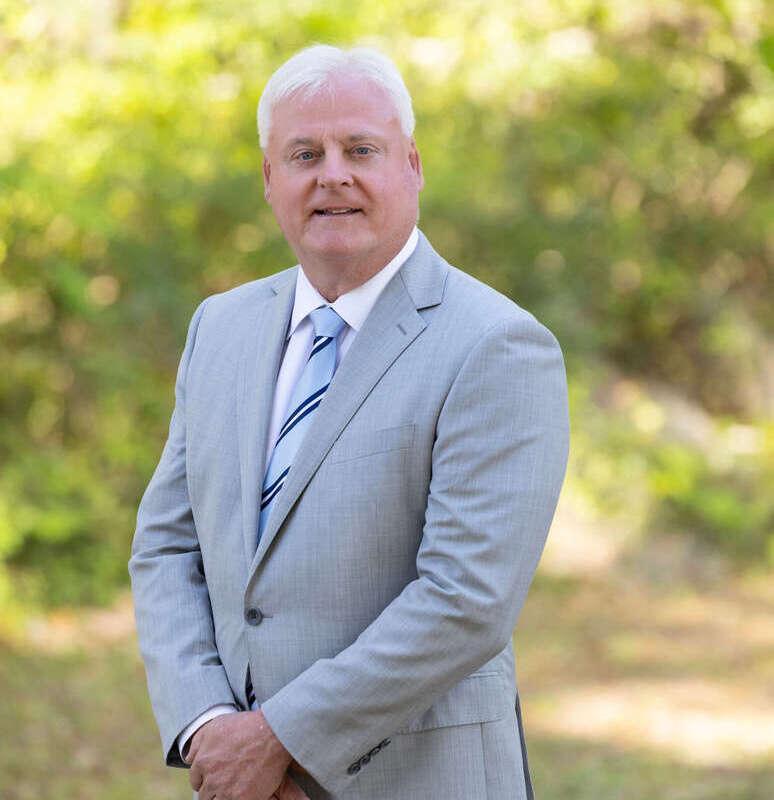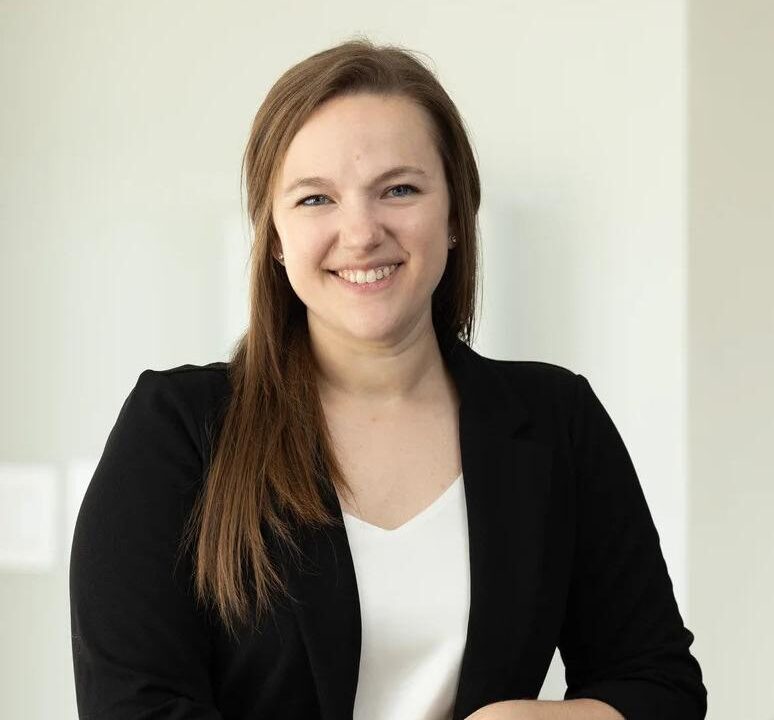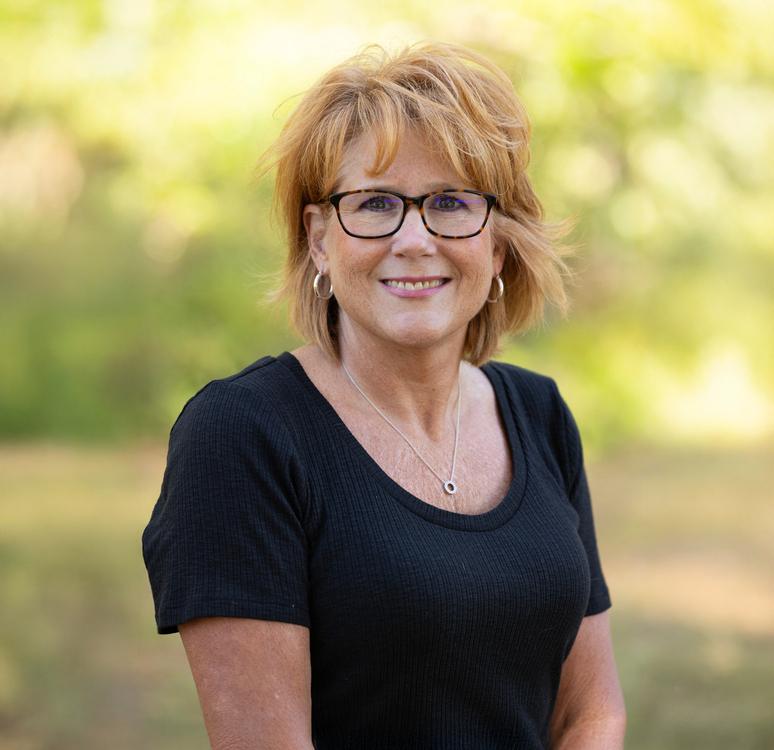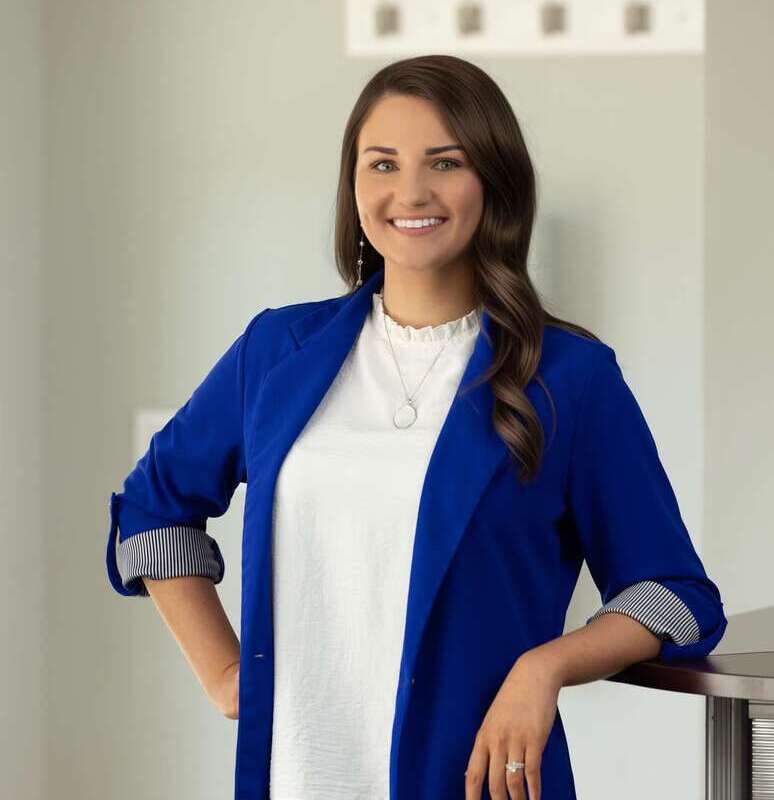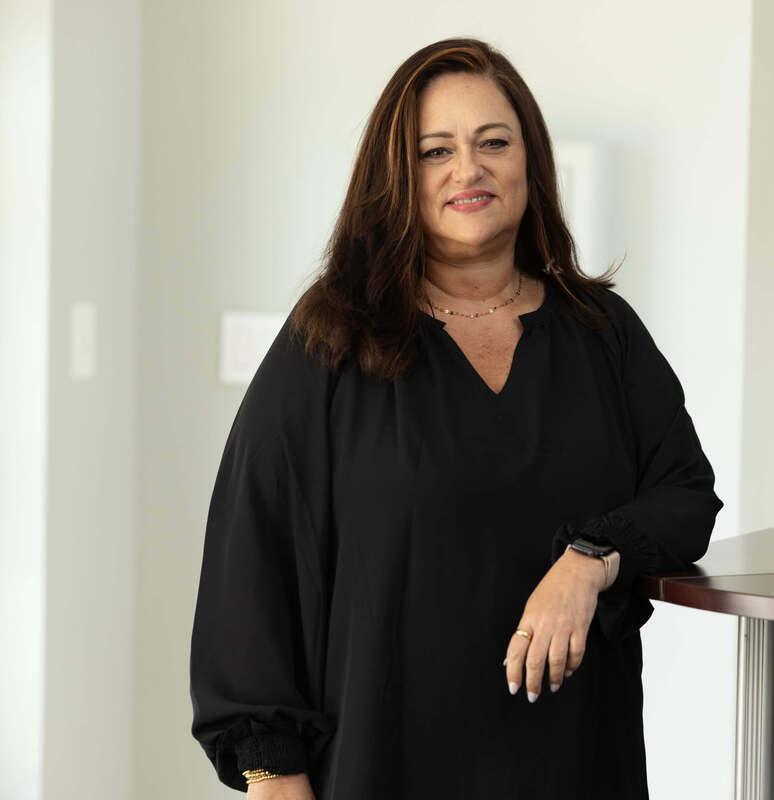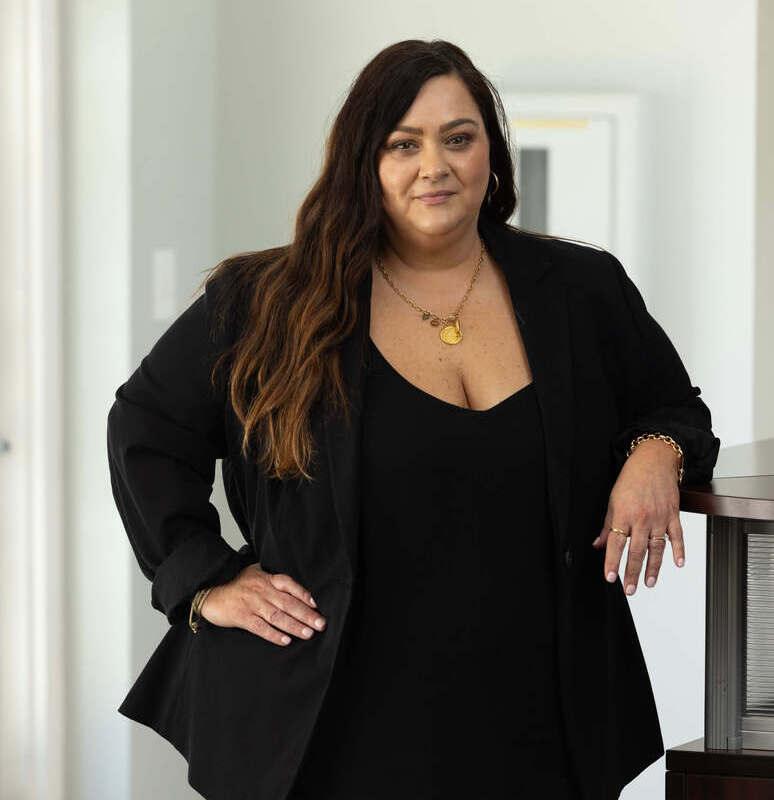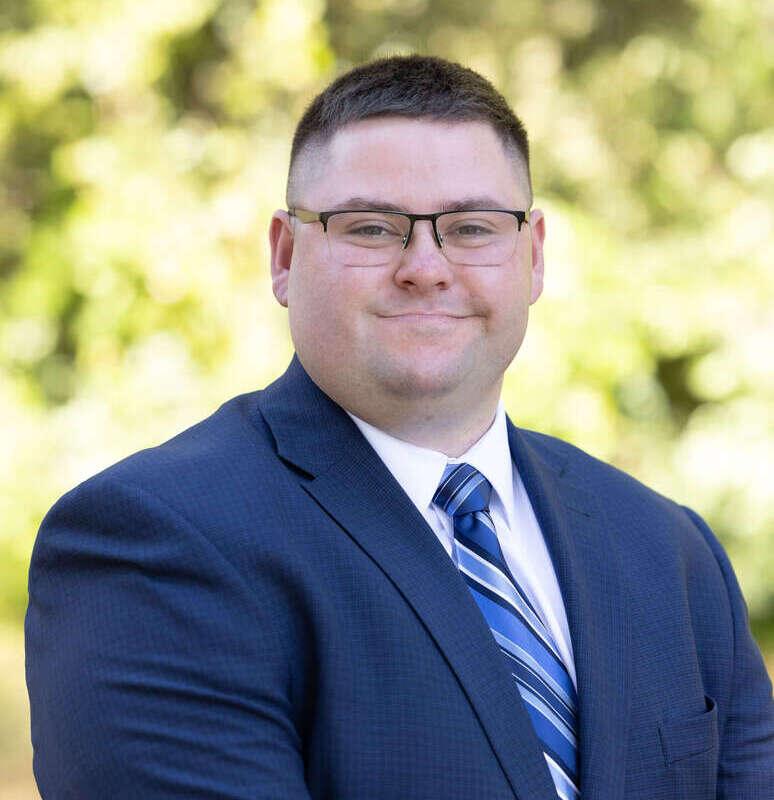
A living will is different than a traditional will or trust. When you create a living will, you’re crafting a legal document that confirms your desires for end-of-life medical care. A living will is also referred to as an advance directive or health care directive. Its purpose is to share your wishes with loved ones and medical professionals regarding end-of-life medical care in case you’re unable to communicate those decisions. Unlike a traditional will, a living will has no effect on your property and its sole purpose concludes in the event of your death.
Living Will In Estate Planning
It’s best to work with an experienced Pawleys Island lawyer with your estate planning. A living will should not be overlooked. It’s a vital piece of the estate planning process and may be the only way your family or doctors know what your wishes are for final care. Without a living will, medical professionals and your loved ones are left to guess what type of end-of-life care you would want. By crafting a living will, you help you family avoid painful conflict on how to determine your treatment.
Living Will Lawyer
States have different regulations for crafting a living will, so many people depend on the expertise of an estate planning attorney. Your lawyer will ensure the document is legally binding and includes all the required details to confirm it alone will be the deciding factor in your terminal health care.
You’ll work with your Pawleys Island attorney to craft an advance directive with as much or as little details as you care to include. The living will may include details like palliative care, treatment that decreases pain and suffering, should always be administered. Some people include whether or not CPR should be performed in certain circumstances.
Once you’ve written the living will, it must meet South Carolina guidelines regarding witness signature and notarization. The will becomes effective when it is signed or when you’re unable to communicate your desired health care. The document can be revoked at any time. It’s important to know medical professionals will rely on direct communication with you when at all possible. The document comes into play only when you’re unable to speak for yourself.
Living Will Healthcare Proxy
A Durable Power of Attorney (DPOA) for healthcare may be used in combination with your living will. The DPOA chooses the individual who will carry out the wishes about end-of-life treatment you’ve documented in your living will. This individual is called an agent or proxy of the person who creates the DPOA.
The power carried by a living will is terminated at the time of death. Only in specific instances does a living will carry any authority after your death. These cases would include when the healthcare agent or proxy must make a decision about an autopsy or organ donation. Both decisions must be made very soon after death, so the power of the living will is finite.
If you need to create a living will to express your desires for end-of-life treatment, the Hopkins Law Firm is happy to walk you through the process and make sure your wishes are documented properly.


